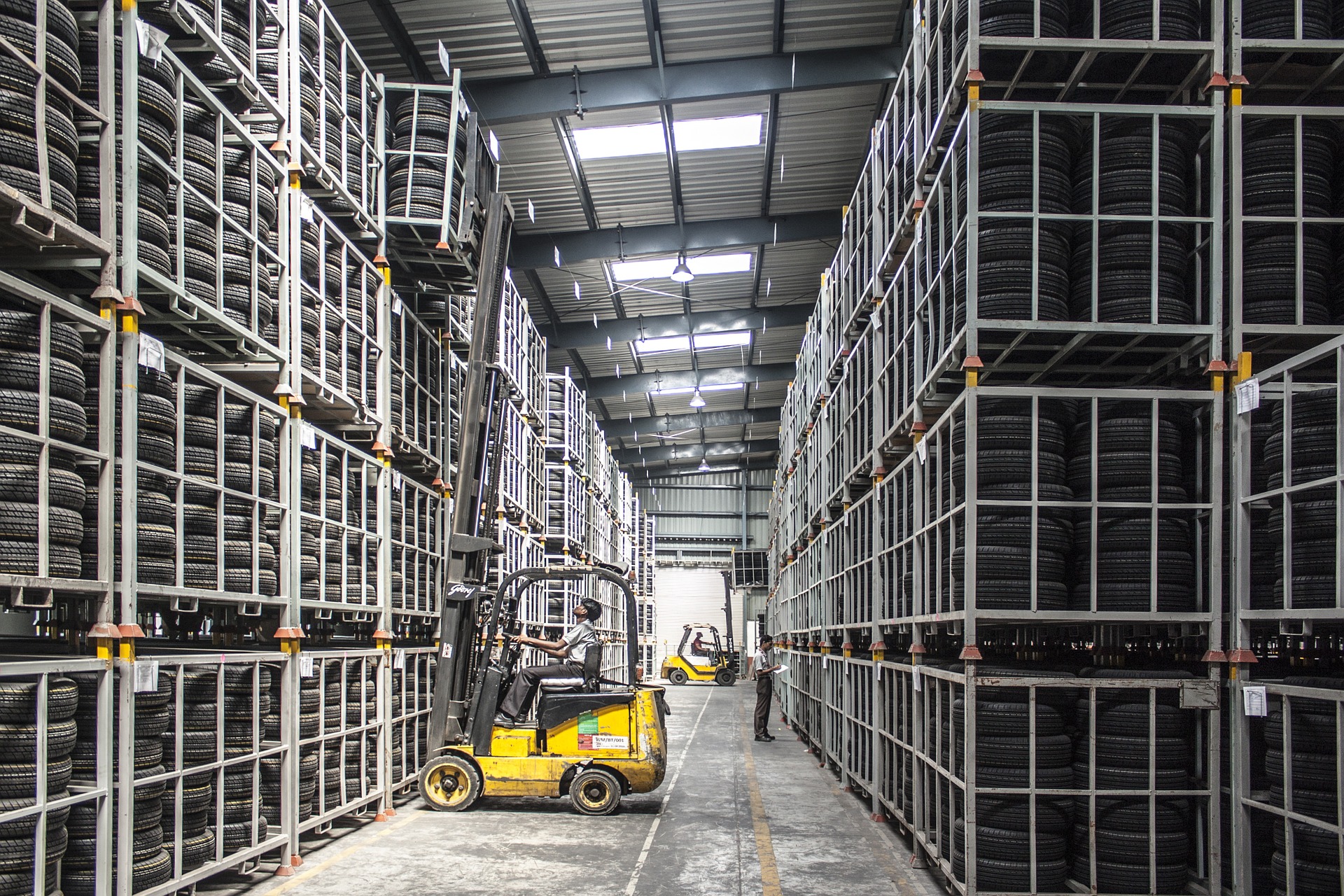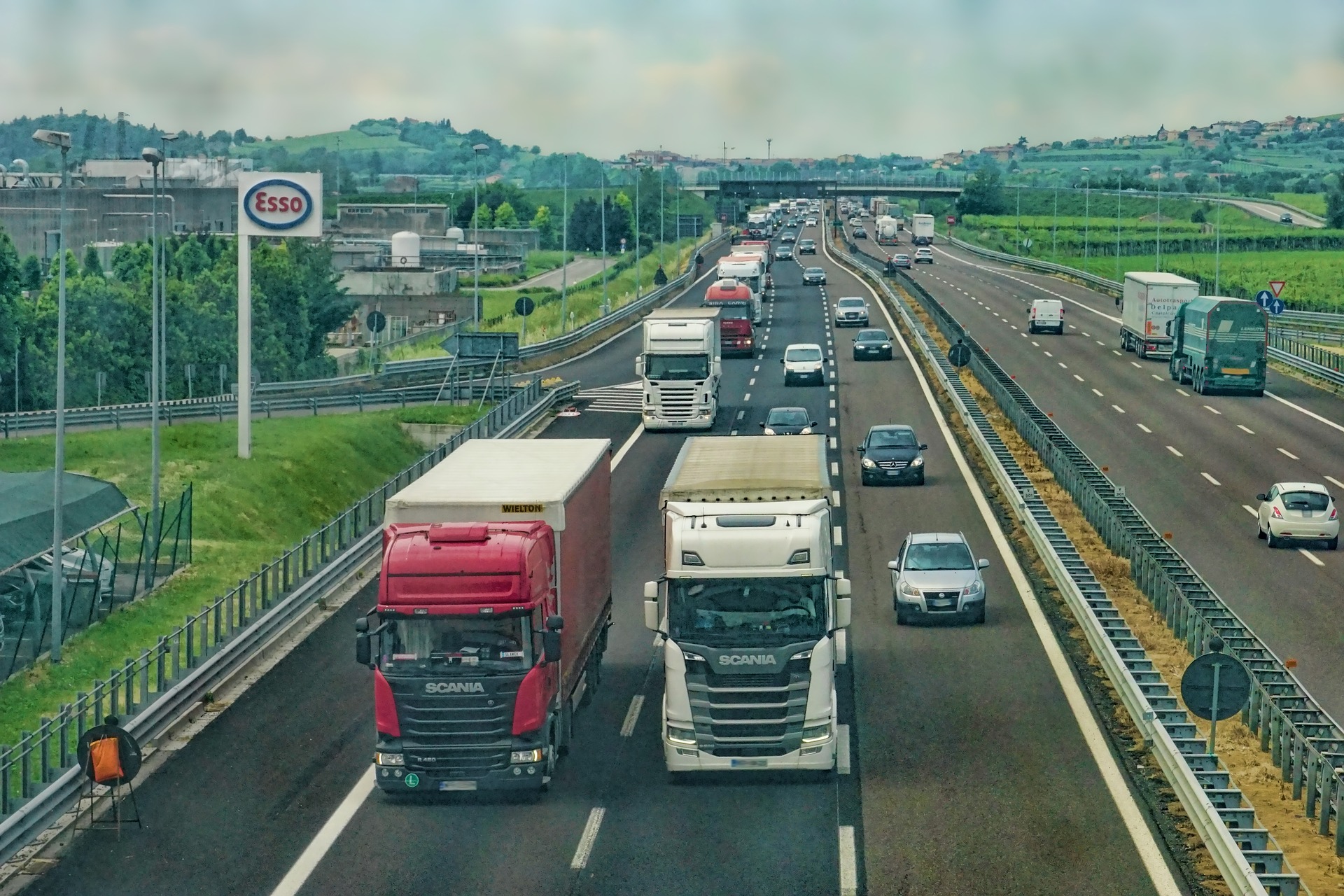The logistics sector - and road transport in particular - is undergoing a recent process of change. The digitalization of the supply chain is now a reality.
Real-time communication between operators in the logistics supply chain is currently mandatory and necessary. The application of technologies and processes used in other sectors is attracting increasing interest in the world of transportation, given the obvious efficiencies in terms of traceability of shipments, increased productivity and consequent savings of time for operators.
Digitization of the supply-chain enables the implementation of a series of processes that ensure rapid and efficient communication between the various departments of the company, from the personnel involved in the supplying company through to the customer's warehouse, including the relevant transport and warehouse services. Improved communication between the operators enables increasing optimization and an increase in productivity; this leads to a reduction in logistics costs, which also has advantages when it comes to selling the finished product in the target market.

The driver in future logistics
The transportation vehicle driver is at the heart of the 4.0 road transport revolution and an integral part of the logistics industry.
The skills required of them are much more diverse than one might think; far from being simply a driver of the means of transport, they are responsible for the precise control of the loading and unloading of goods, and it is they who must ensure the integrity of the load from the point of departure to the point of arrival. It is for this reason that there is an increasing demand for specialised personnel who can simultaneously embody the figure of driver and warehousekeeper, and who can deal at the same time with the transport of the goods and the loading and unloading operations (manual and with forklifts), the handling of the goods and the organisation of the warehouse. Furthermore, the demand for drivers specialized in the installation and transport of specific materials is constantly growing, the lack of which has recently caused many operators in the sector difficulties in finding qualified and reliable drivers.
The driver also represents the image of the company, and the driver is also required to develop communication skills and ability to use technological equipment.

The digital skills of the 4.0 driver
The profession of driver is therefore experiencing a season of renewal. From the image of the truck driver, which is firmly established in the collective imagination, we are moving on to a competent professional who knows how to drive a heavy vehicle equipped with high-tech tools, who can carry out digital operations from his or her vehicle, and who is able to dialogue in real time with the infrastructure, with the logistics nodes, with the authorities responsible for controls and with other road users.
The logistics of the future is represented by a continuous dynamic interaction, a bidirectional exchange of information, which will connect the entire supply chain; the driver of logistics 4.0 will necessarily be in possession of computer and digital knowledge, tools that now play a crucial role in the sector.
The revolution of logistics necessarily involves adapting the skills of the workers who move within it. The driver who succeeds in this innovative scenario will be the one who demonstrates that he or she possesses the appropriate digital skills for the new context, a prerequisite for being able to perform an ever-increasing number of tasks.
